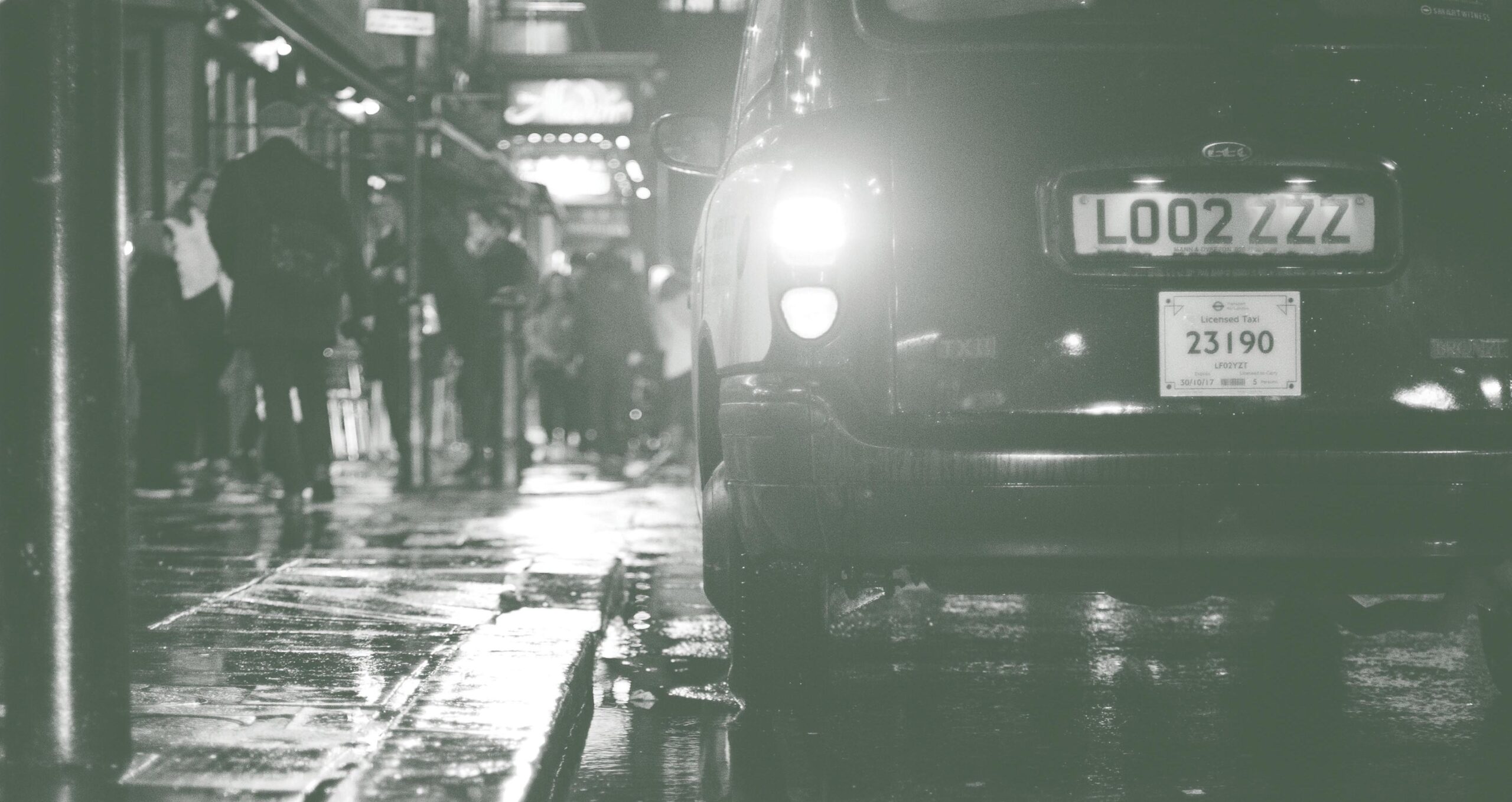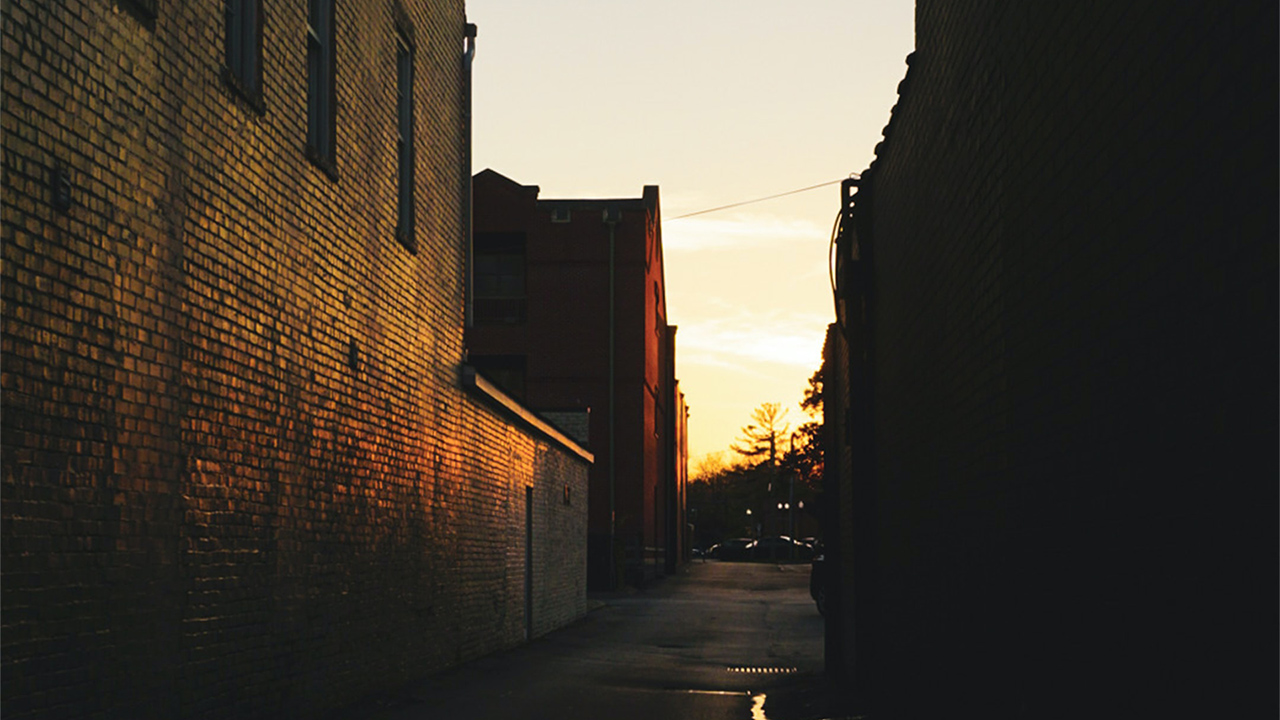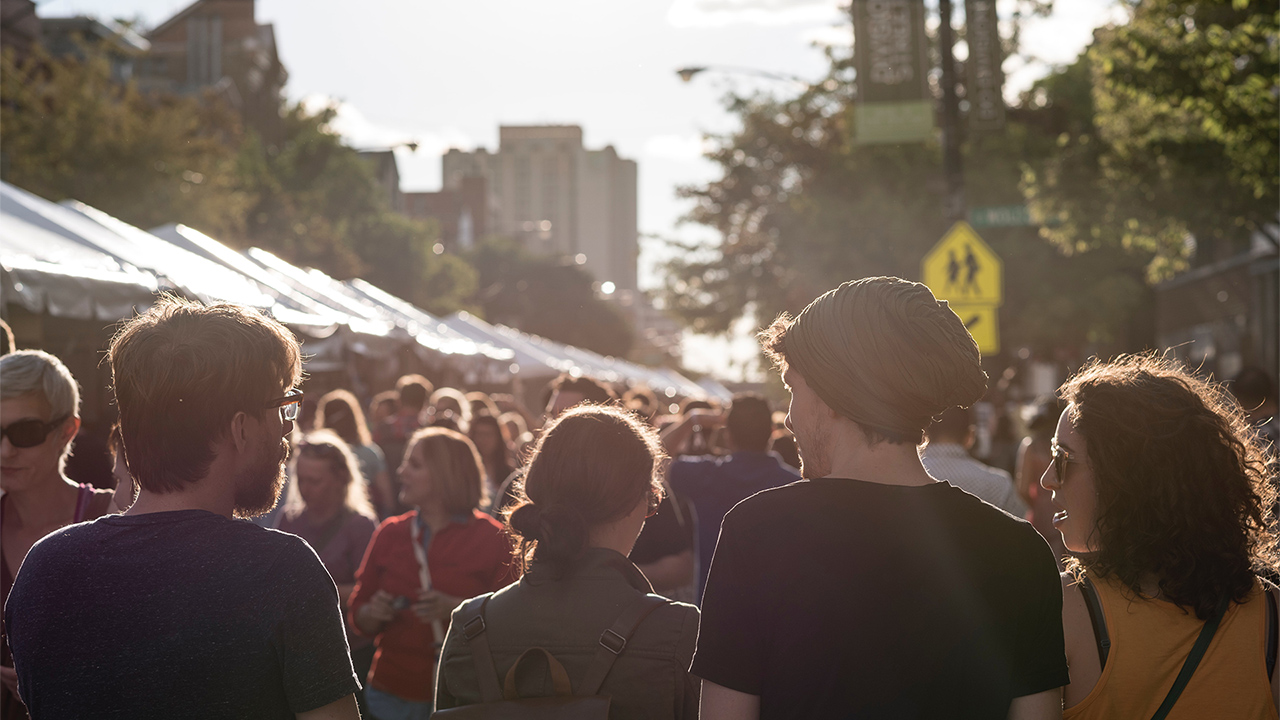What does it mean to seek the welfare of the city where you live? There are certainly a million ways, a few of which you’re probably already doing — through the relationships you keep at home, at work, and at church; through the cash you take to your local market; through the care you take in doing your day’s work. But if you’ve identified a need in your community, whether it’s homelessness or just not enough staff to keep the library open, and you want to do something about it, what then? Sure, there are 13 million people employed in nonprofit organizations, Jacob Harold, cofounder of Candid and author of The Toolbox: Methods and Mindsets for Social Impact told Common Good — “millions and millions of people just in the U.S. who are employed full time to make the world better. There are millions more in businesses that have an explicit social purpose, millions more trying to do good from within the government. It’s not just a calling; it’s also a job, a vocation in both senses of the word.” But you don’t always have to start there. Often, the best place to look will be a little closer to home.
If there is work to be done, chances are, you can find someone who’s doing it. And the good news is you don’t need to reinvent the wheel. Michelle Wilde Anderson, professor of law at Stanford University, is an expert on poverty and has researched the challenges and the problem solvers in America’s underfunded and seemingly forgotten places (you can find these stories in her 2022 book, The Fight to Save the Town). In places large and small, a couple things are consistent in the work of communities across the country: Help from a neighbor brings more than just muscle. And the church remains a crucial center, a great place to start when you’re looking to love your neighbor.
Three places to look when you want to love your neighborhood:
Look to the churches
“They’re important for grief. They’re important for celebration. And they’re important for networking. The reality is that a congregation really rooted in its environment, and in caring for the poverty around it, is the best
possible entry point.”
— Anderson
Look to your neighbors
“One after another, when people set themselves together to do smaller projects of improvement in their community, the outcome is not just the accomplishment itself. … It’s that actually working together gives people a sense that they can accomplish things, and it recovers some of that sense of confidence in the place.”
— Anderson
Listen to the voices of those in need
“Listening always needs
to be part of social change. We have to value the voices and thoughts of others, and we will just do a better job if we understand how other people are thinking.”
— Harold





